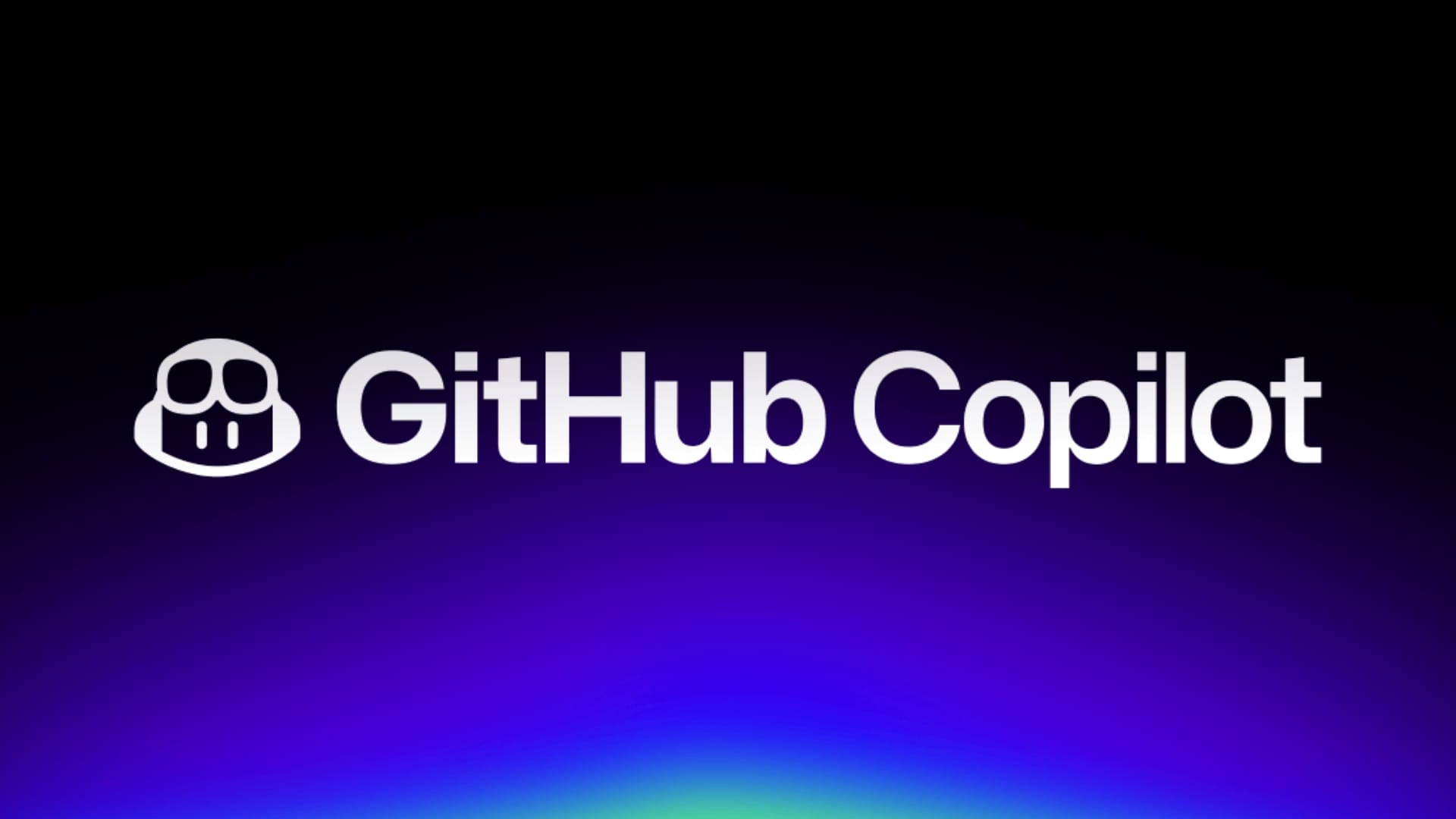New Relic integrates with GitHub Copilot coding agent to improve software reliability and speed
New Relic integrates with GitHub Copilot coding agent to speed up software development and automate issue resolution for enterprise teams.

New Relic has announced a new integration with the GitHub Copilot coding agent, aiming to modernise the software development process by combining artificial intelligence with automated workflows. The collaboration is designed to help enterprises reduce time to resolution, improve developer efficiency, and strengthen application reliability.
Table Of Content
Supporting faster innovation through automation
The integration merges New Relic’s intelligent observability platform with GitHub’s agentic AI capabilities. By closing the loop on issue detection and resolution, the solution enables developers to maintain application health with minimal manual intervention. Once a problem is detected, the system automatically identifies the root cause and generates a detailed GitHub issue.
A developer can then review the generated issue and, if appropriate, assign it to GitHub Copilot. The Copilot coding agent analyses the issue, drafts a code fix, and submits a pull request for human approval. Once merged, New Relic validates the fix to ensure it resolves the problem. This closed-loop process is designed to enhance both speed and reliability across the development lifecycle.
“Agentic AI is poised to be a transformative technology for enterprise software developers and engineers, who are facing intense pressure to ship more innovations at a faster pace without sacrificing quality and reliability,” said Manav Khurana, Chief Product Officer at New Relic.
He added, “With the innovative integration of New Relic’s intelligent observability technology with GitHub Copilot coding agent, we are closing the loop on ensuring continued application health. Together with our long time partner GitHub, we are providing a new, agentic way for modern software development that uses the power of agentic AI to transform the way enterprises innovate.”
Driving productivity and system reliability
This integrated solution introduces several automation features to streamline development.
New Relic monitors code deployments to detect performance issues related to recent changes. If a problem is found, it creates a GitHub issue enriched with contextual data. Copilot then proposes a code fix, while New Relic validates the changes after they are merged. This system significantly reduces the need for manual troubleshooting and cuts down the time spent resolving issues.
The key benefits highlighted by the companies include shorter resolution times, higher developer productivity, better system reliability, and faster, safer deployment cycles. According to New Relic, the automation of these processes allows engineers to concentrate more on high-impact tasks rather than repetitive debugging work.
Julia Liuson, President of the Developer Division at Microsoft, commented, “Millions of organisations rely on GitHub every day for software delivery. Our integrations with key partners like New Relic are instrumental in making our tools that much more scalable, reliable and intelligent. Together with key partners like New Relic we provide developers valuable insights and automation to enhance Agentic DevOps, driving innovation and efficiency across the software lifecycle.”
Strengthening partnerships across ecosystems
This move builds on New Relic’s ongoing collaboration with Microsoft and GitHub. By expanding its support for GitHub Copilot’s agentic functions, New Relic reinforces its role in helping developers gain real-time insights and recommendations.
The company stated that this integration complements the existing GitHub Copilot extension by enabling faster feedback loops and minimising the impact of software issues. It marks another step in New Relic’s mission to embed AI-driven observability across business and technology environments.
















